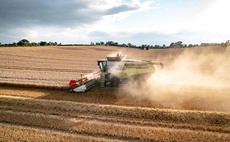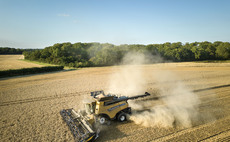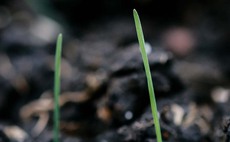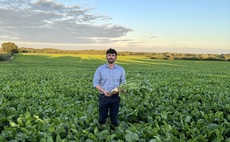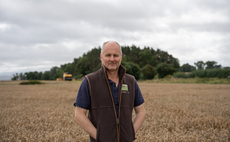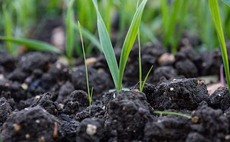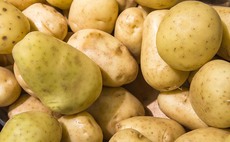Arable
Arable
Phil Warham has been an agronomist with Agrovista for six years. He gained a degree in Land and Farm Management at Harper Adams and managed farms for several years afterwards. He now advises on combinable crops, cereals, maize and vining peas in Lincolnshire, Nottinghamshire and into Leicestershire. Key interests include direct drilling and soil health, as well as making farms profitable. In his spare time he is a keen runner, cyclist and horseman.
Prices & Trends
As UK growers continue to focus on harvest, global factors provided limited support for the domestic market
Arable
Pre-emergence herbicides are just one part of the full weed control programme, so rather than looking for the ‘best’ pre-em, consider choosing what works best for the situation.
Arable
George Swann is an independent agronomist, member of Arable Alliance and proud member of the Association of Independent Crop Consultants (AICC). He covers south Yorkshire, north Nottinghamshire and north Lincolnshire. George has a BSc (Hons) degree in Biology, is BASIS and FACTS qualified and also has BASIS Advanced Potatoes. George's expertise lies in helping his clients achieve maximum output whilst remaining as economical and sustainable as possible for the future.
Arable
A move to biological seed treatments has helped one Borders grower move away from chemical alternatives in a bid to help secure long-term business sustainability and improve soil health
Nature Friendly Farming
Growers have seen a bumper crop despite concerns over the wettest July in over a decade
Arable
A host of grass-weeds are becoming an increasing issue in the north of England and Scotland. Farmers Guardian finds out what lessons can be learned from the battles fought in parts of the country managing resistant grass-weeds for decades.
Arable
Agri-tech research and development business B-hive is embarking on a new collaboration aiming to reduce the risk of potato bruising and reduce supermarket waste
Arable
Alex and Joanna Wilcox live and farm with their three sons at Hill Farm near Downham Market on the Norfolk County Council Stow Estate. Covering 240 hectares of Fen silty clay loam, they grow winter milling wheat, winter feed barley, spring malting barley, spring beans and sugar beet.

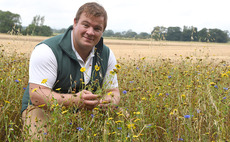
 03 September 2023
•
3 min read
03 September 2023
•
3 min read
